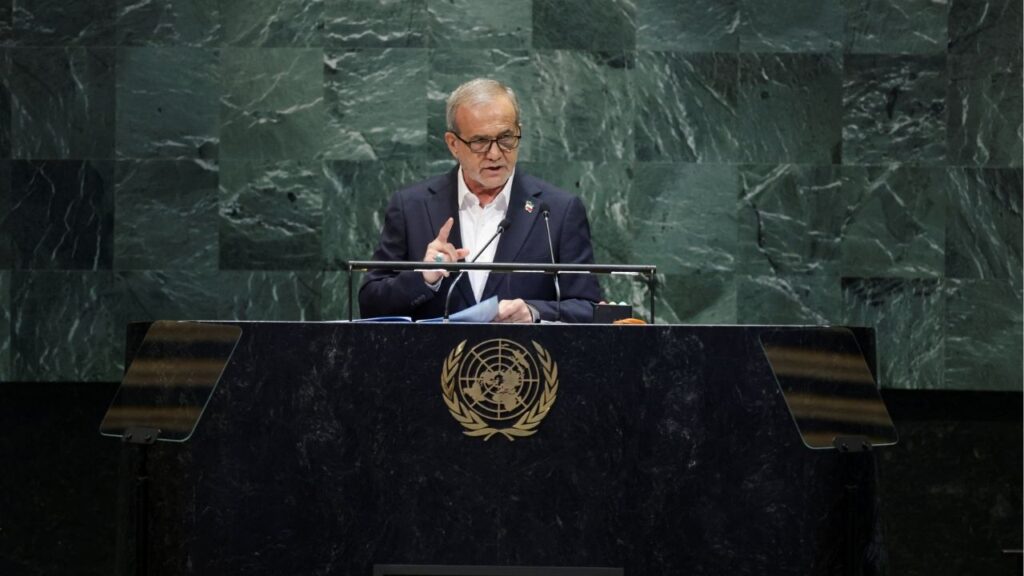Share
|
Getting your Trinity Audio player ready...
|
The humanitarian crisis in Nagorno-Karabakh, an Armenian enclave within Azerbaijan, has reached a critical point after a prolonged blockade of over eight months. Food and medical supplies have become severely limited, with daily bread rationed to one loaf per family and essential medicines depleted. The blockade is the harshest strategy yet from the Azerbaijani government in its effort to reclaim control over Nagorno-Karabakh, a territory internationally recognized as Azerbaijani but largely populated by Armenians and controlled by them since the late 1980s.
Azerbaijan’s strategic encirclement of the region has left Armenia’s Prime Minister, Nikol Pashinyan, open to acknowledging Azerbaijan’s sovereignty over Nagorno-Karabakh. However, he hopes to secure assurances for the rights and safety of the ethnic Armenian inhabitants. Azerbaijan, eager to expedite diplomatic proceedings, has intensified the blockade, further straining the Armenian people it purports to welcome back.
Azerbaijani government-supported protesters initiated the blockade of the only access route, known as the “Lachin corridor,” in December, hampering civilian movement and the import of essentials. Although some supplies managed to get through, the situation worsened in April when Azerbaijan established an official border checkpoint and halted traffic in June.
While Azerbaijan proposed opening its own supply route, the Armenians of Nagorno-Karabakh view this as a ploy for Azerbaijani control and have created their own blockade on the new road. International efforts, led by the European Union, are underway to find a compromise, but the two governments disagree on the sequence of opening the roads.
The situation inside Nagorno-Karabakh remains unclear due to limited independent information. However, there are indications of a bitter power struggle among ethnic Armenian leaders. Meanwhile, border clashes continue, with three Armenian soldiers reportedly killed in early September. The prospect of peaceful cohabitation between the Armenians of Nagorno-Karabakh and Azerbaijan seems increasingly unlikely.
Read more at The Economist.
RELATED TOPICS:
Categories

DHS Agent Killed US Citizen in March 2025, Records Show

Johannes Klaebo. Inevitable.
















